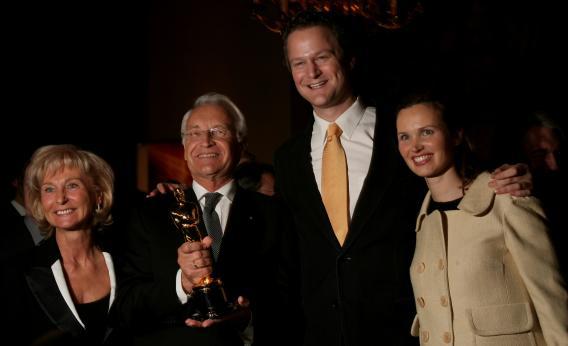Apropos of nothing in particular, I thought that if you had some spare time this weekend you might be interested in the excellent 2007 German film The Lives Of Others about surveillance in the German Democratic Republic. Now you might think that the bad thing about DDR surveillance was that East German Communism was a bad political and economic system, and surveillance was a highly effective way for the state security services to prevent dissidents from overthrowing the system.
What’s fascinating about the film, however, is the way it shows that surveillance wasn’t just a tool for repressing the good guys; it was just a generally powerful tool in the hands of the Stasi. Insofar as the people in charge really wanted to crack down on dedicated opponents of communism, it was helpful for that. But insofar as they wanted to pursue personal agendas, it was helpful for that, too. Individual members of bureaucracies often have objectives that are at odds with nominal institutional missions, and no system—whether capitalist or communist, public sector or private sector—has ever been devised to fully solve these principle-agent problems. Exacerbating the issue is, of course, that the DDR was a very closed society where the operations of the Stasi were shielded from media scrutiny and dissent was generally unwelcome. So insofar as state resources were being misused to try to set up a sexual liason with a married woman rather than to pursue bona fide subversion, there was little risk of detection and heightened conditions for malfeasance.
All in all, both a well-made film and an intriguing look at a political system that’s fortunately been left long in the past.
